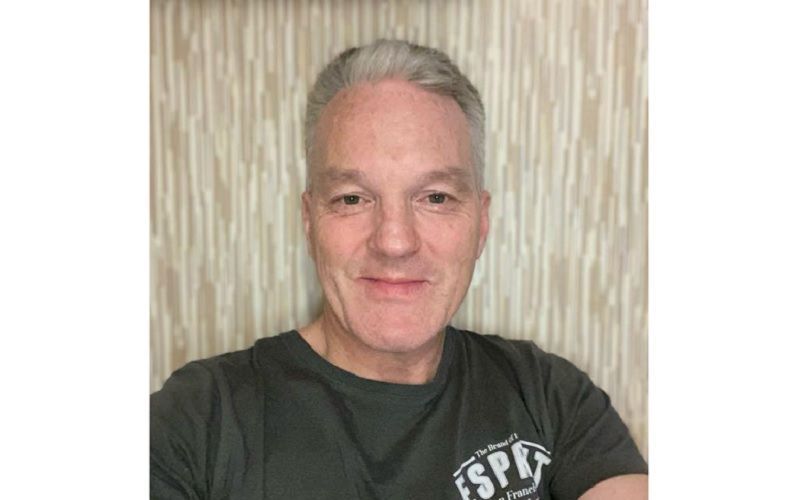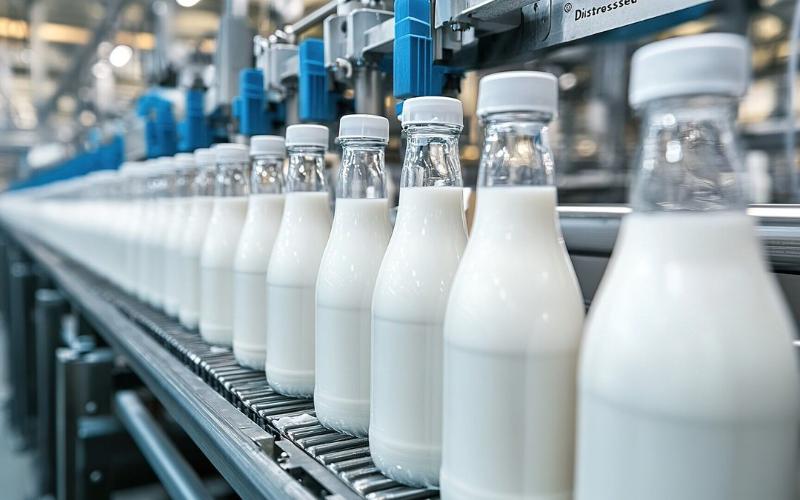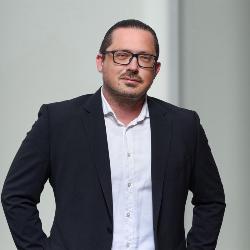Farms Will Become More Autonomous Over Time - Expert Jeroen Keizer on the Future of Automation and Challenges for Kazakhstan

Jeroen, you have worked in the field of dairy technology for many years. How would you describe the main transformations happening on modern farms?
— Today, we are witnessing not a sharp, but a gradual and very confident modernization. Farms are transitioning to automation and optimizing processes. The main trend is simple: more milk with less manual labor. This is becoming the norm.
Automation and digitalization are becoming part of everyday practice. What areas do you consider most promising for dairy farms in Kazakhstan and Central Asia?
— First and foremost, any form of automation that leads to improved farm management, meaning systems that provide farmers or investors with more information about what is really happening on the farm, enhancing the decision-making capabilities of farm personnel. The second area is the introduction and use of agricultural machinery that allows for a less labor-intensive approach. There are fewer people on farms, and their involvement is becoming more expensive!
Sustainable development and resource efficiency are becoming key themes for the agricultural sector. How can modern technologies help farms reduce costs while increasing production efficiency?
— All technologies are aimed at reducing human labor and increasing productivity. Modern herd management software, automated milking and feeding systems, and any other equipment reduce the workload on people and improve farm results.
Jeroen, you have worked in the field of dairy technology for many years. How would you describe the main transformations happening on modern farms?
— To make informed decisions, you need up-to-date data. And this is the first thing a farmer or investor should consider. Sensors, accounting systems, and automatic modules help here. Equipment collects information in real-time and transforms it into clear tasks for the farmer. This is the foundation of efficiency.
Kazakhstan is actively developing modern livestock farming and building large dairy complexes. What do you think should be given special attention when designing and launching such farms?
— When designing a farm fr om scratch, it is better to use the most modern available technologies to minimize manual labor. However, technologies alone will not help if the team does not know how to use them. The selection and training of personnel is a key aspect that is often underestimated.
Digital solutions and data management are becoming part of farm management. How do you assess the potential of monitoring and analytics systems on farms in the region?
— The potential is huge and yet to be realized. Technologies can give Kazakhstan and Central Asia a significant leap in productivity. This is one of the main drivers of industry development in the coming years.
What are the main challenges, in your experience, that farmers face when implementing digital solutions and automation? And what steps can help overcome them?
— In my opinion, one of the main problems is the lack of qualified personnel. Employees are often simply not adequately prepared and lack all the necessary knowledge. Another issue is the frequent "gaps" in internet connectivity. Digital solutions require stable internet, which is not available everywhere.
If we talk about the balance between traditional methods and modern technologies, wh ere do you think the optimal boundary lies?
— There is no optimal boundary between these methods. Slowly but surely, modern technologies will completely replace traditional ones. This picture can already be seen worldwide.
In anticipation of the AqAltyn forum, what topics do you consider most relevant for discussion with Kazakhstani producers and experts?
— There are many topics. New technologies in crop production, feed production, milking, feeding; studying successful international practices; discussing real tools for increasing efficiency. And, of course, training specialists — without this, development is impossible.
Finally, how do you envision the future — say, in 10 years? Which solutions do you think will become standard, and which will remain experimental?
— The farm of the future will be almost autonomous: highly automated, roboticized, with minimal human involvement. This is not a fantasy — it is the logical next step in the industry's development.
More information about AqAltyn - via this link.
General partner and key engineering partner - Borte Engineering
As a leading national producer in Kazakhstan, Borte Engineering creates high-tech equipment for the food industry, confirming its quality by inclusion in the Register of domestic producers. The company successfully collaborates with enterprises throughout Central Asia, strengthening the regional economy.
Innovation partner - DeLaval
Altyn sponsors - Alfa L Service, MB-System
Qola sponsors - Tetra Pak, TOO Clever Machines
SPX FLOW APV | SEITAL SEPARATION
Dastarhan partner - Food Master
Partners - Dairy Union of Kazakhstan, Republican Chamber of Dairy and Combined Breeds of Cattle













